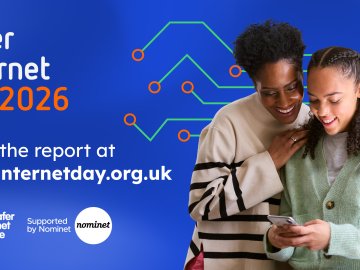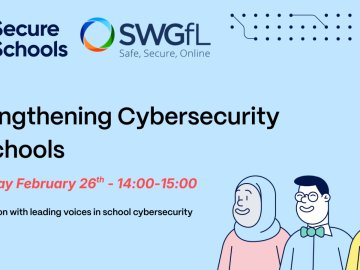The latest research from Ofcom has revealed the current online landscape of children and young people using technology. The data focusses around how children communicate online, how they use online spaces for entertainment, and how they are currently educated around staying safe online, with interesting insights into parental involvement as well.
Social Media and Gaming
Compared to a year ago, a higher proportion of young people aged 5-7 now engage in messaging, voice chat, and video calls, as well as live-streamed content. Social media platforms have also seen an increase in engagement with the data demonstrating a significant uptick in social media usage among 5-7 year-olds, with platforms like WhatsApp, TikTok, Instagram, and Discord showing notable growth.
This corelates with the findings that 30% of parents are more likely to allow their child to create profiles on these platforms before they reach the minimum age requirement as well as a third of parents highlighting that their child uses social media independently.
Online gaming has emerged as another prominent activity for children aged 5-7, with 41% saying they participate in online gaming, with shooter games highlighted as a popular genre to engage with. This in itself raises questions and considerations about age-appropriate content and how young people engage with content that may not be suitable for their age group.
Parents and Education
Alarmingly, the data revealed that only 2 in 5 parents engaged with their child aged 5-7 on social media and apps. This insight underscores the importance of parental oversight and the need for meaningful conversations around online safety, though the data did reveal that over three quarters of parents spoke to their child about staying safe online.
In comparison, 90% of parents who have children aged 8-17 spoke to them about staying safe online, demonstrating the perception that older children require more guidance around navigating online spaces as platforms become more accessible to them. As the data shows, conversations around the use and safety of online platforms are becoming more essential for much younger age groups as their online use increases.
Encouragingly, over 90% of children aged 8-17 had said they had been given at least one lesson at school around online safety, though there was a huge divide between those who were taught once compared to the 30% of young people who receive regular education. It is clear there is a growing need for continuous learning and adaptation due to the unpredictable and evolving nature of online risks. Moreover, the data has highlighted that distinguishing between fact and fiction is becoming a crucial skill set as young people are finding it harder to determine what is fact and what is fiction online; an issue that is discussed within our own training.
Harmful Online Content
Ofcom also gave an insight into the level of harmful content witnessed and experienced by young people, and the noticeable gap between exposure to harmful content and their willingness to share concerns with parents. It was found that a third of children aged 8-17 had seen something harmful online, but only 20% of parents reported that their child had told them about it. Reflecting on our own research this year, harmful content continues to rise with a , further establishing that knowledge around support and reporting avenues must be reaffirmed toward educational establishments.
Ofcom
As well as this data, Ofcom has put in place forthcoming consultations on children's safety whilst working to implement the new laws introduced through the Online Safety Act. Their work is aiming to address ongoing emerging challenges surrounding areas such as detection of illegal content and harmful material. If you or your child aged 13 or over are concerned about harmful online content , you can get free advice at reportharmfulcontent.com about reporting routes for specific online platforms.
Explore latest findings from Ofcom
The above demonstrates the need for continuous guidance and support, and if you would like to better protect the young people in your care, please visit our website.






